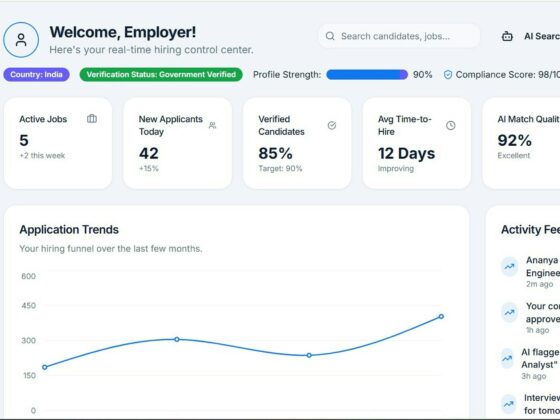
If guestrooms represent 40 percent to 80 percent of your energy costs, why are 90 percent of them siphoning profit 24/7? It’s an alarming question keeping hotel operators, owners, and asset managers awake at night. While you perfect guest experience and revenue, a silent profit drain swirls behind every door.
Working with hoteliers nationwide reveals an uncomfortable pattern: properties hemorrhaging money on energy waste at a scale unacceptable elsewhere on the property.
Do the math: Multiply your annual property energy cost by 40 percent. That’s potentially how much waste is spent to keep rooms comfortable and lit for ghosts. Three gaps drive this waste: no real-time visibility, lack of full room automation, and disconnected operational data.
The Financing Reality is Clear
“Lenders are not allowing as much leverage. … Owners are required to have more equity. … Embracing energy savings solutions helps increase NOI and property values … it’s a win-win!” explained Chris Dobbins, chief development officer, Quorum Hospitality. Brion Crum, vice president of wealth development, Caliber Companies, quantifies the impact of managing energy costs: “We believe that what we’re doing is the right thing for our investors and the environment … knowing that if we can reduce energy costs by $100,000, it’s also going to increase the NOI and then that’s also going to increase the value of the property.” That NOI-to-value lift is undeniable operational leverage.
Residential Tech Fails Hospitality
Working on cross-industry innovations, residential technology rarely delivers promised results. Traditional “smart” thermostats rely on outdated PIR sensors that can’t detect real occupancy patterns—often installed pointing at walls, not beds. Sue Graves, founder, Experience Alive and former Marriott GM, knows the pain: “Replacing thermostats … creates wall damage and takes an immense amount of installation time.”
Hospitality-centric Solutions
Building effective enterprise energy management systems requires understanding that hotel guestrooms are complex operational environments requiring multi-sensor arrays, environmental monitoring, and occupancy patterns tied to true room status. They learn, adapt, and install in under an hour—delivering 20 percent-plus utility reductions and 40 percent less HVAC runtime. These new-breed OpEx-based solutions eliminate CapEx burdens.
Dobbins agrees: “Hotels need to embrace solutions without huge capital expenditures … that is the answer for 2026.” And Graves made what might be the most important point in all my interviews: “The smartest move I see with hotels is assessing energy use first. … Before you jump into a solution, you need to assess.”
These hospitality-centric solutions provide actionable intelligence. Mason McIntyre, director of operations, Arizona Grand Resort & Spa, highlights the shift toward these systems: “We hired an energy management director to monitor utility bills. … The real difference has been adding sub-meters, finding out where the energy drains were coming from.” Modern solutions provide this visibility instantly, without guesswork.
Brands Tread Carefully
In every industry, real innovation bubbles up from operations before becoming corporate policy. Hospitality’s energy revolution is no exception. As Dobbins observes: “Brands have a balancing act being careful not to force energy savings requirements down a franchise’s throat. … It’s not necessarily their capital as much as it is the franchisees’ capital.” Yet savvy ownership groups aren’t waiting. They’re implementing solutions now, turning energy efficiency into both a shield for margins and a platform for competitive advantage.
Forward-thinking Operators
Properties implementing alternative energy management technologies aren’t just addressing immediate costs—they’re building capabilities that compound over time. Marianne Balfe, vice president of sustainability, Highgate, layers solutions: “We have two geothermal energy systems. … With tax incentives intact, this onsite clean energy resource is something we are looking at seriously for our new-build pipeline.”
A New Perspective
The conversation has seismically shifted from “Can we afford to implement energy management solutions?” to “Can we afford not to?”
The best-performing hotels of the next decade won’t have the flashiest lobbies, another tablet or bigger TVs—they’ll be those who stopped passively eroding profit, one degree at a time. The only question remaining: Will properties continue subsidizing utility companies or start building competitive operational advantages?







